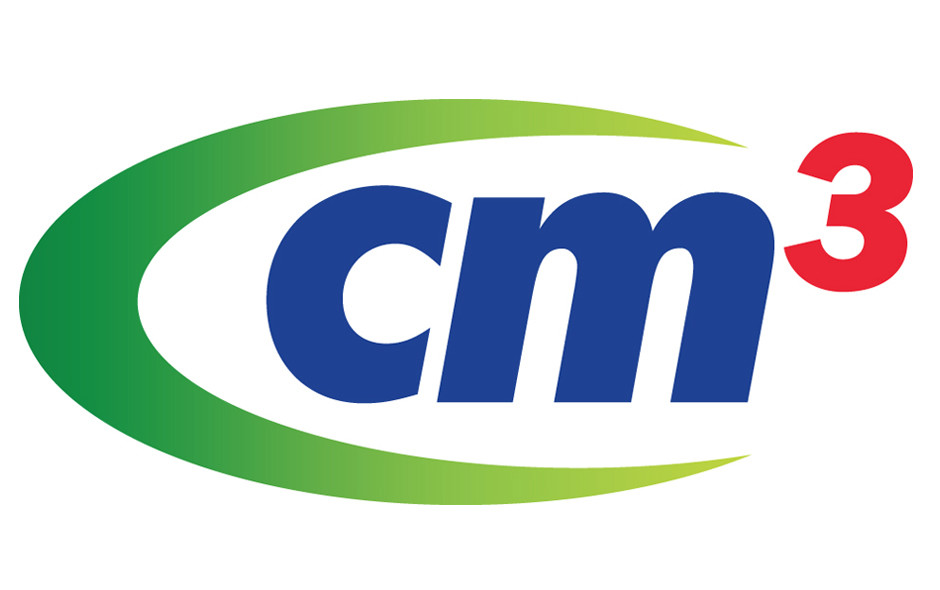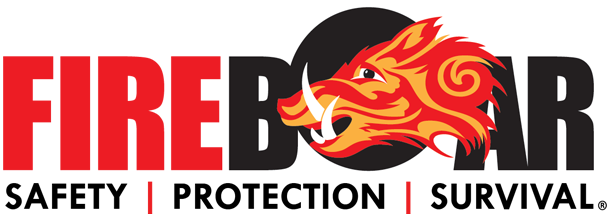Environment
Fire Boar is a signatory and partner with the Queensland Governments “Exit Cycle Program” which is designed to promote the recycling of Ni-Cd batteries, ensuring that the materials are safely recovered as opposed to being disposed to landfill. As a facilitator within this program we pledge to recycle at least 95% of emergency and exit lighting batteries.
Fire Boar holds an “Extinguishing Agent Trading Authorisation” (Certificate # EATA 10132) and is approved in accordance to the Ozone Protection and Synthetic Greenhouse Gas Management Regulations 1995 to acquire, store or dispose of extinguishing agents that are for use in or have been used in fire protection equipment. Fire Boar is also licensed in “Asbestos Removal” (License # 2304744).
ExitCycle Scheme
If you are in a commercial or industrial building, chances are you can see an emergency light somewhere nearby. They are an essential part of a building’s design for the safe egress of occupants in the event of an emergency. The sheer numbers of emergency light fittings and the need to have back-up batteries replaced if they fail routine testing is causing large amounts of nickel cadmium (Ni-Cd) batteries to end up as landfill. With only a 5% recycling rate, it is estimated that 90,000kg of cadmium is disposed of in landfill each year due solely to expired emergency lighting batteries.
In terms of heavy metal recycling, great emphasis is given to mercury due to its well-known hazards and toxicity. Less widely known is that cadmium contends with mercury in many aspects of toxicity and detriment to the environment and human health. Emergency lighting batteries do not contain mercury; most are made up of lead and cadmium.
Lighting Council Australia, with the support of the Queensland Department of Environment and Heritage Protection, has launched ExitCycle to promote the recycling of Ni-Cd batteries, ensuring that the materials are safely recovered as opposed to being disposed to landfill. ExitCycle will be run along similar lines and draw valuable lessons from Lighting Council Australia’s very successful scheme FluroCycle, which was created to increase the recycling of lamps that contain mercury.
The scheme was officially launched on the 7th of October 2015 as a 12 month pilot project in Queensland. The primary reason for basing the pilot in Queensland was due to the support of the state’s government; however Lighting Council Australia’s Chief Executive, Bryan Douglas, is optimistic about its location saying that “Queensland is very suitable for this pilot project. It will provide valuable lessons for us in getting batteries from both a major metropolitan area and regional centres to recycling centres”. At the end of the 12 month pilot, ExitCycle is hoped to become a national scheme.
To support the scheme, organisations are invited to become one of two types of signatories. Licensed electrical contractors, emergency lighting and fire companies, battery recyclers and collectors can sign up to be Facilitators and commit to promote the scheme to commercial organisations. Private and government sector organisations such as shopping centres, offices, airports, hospitals and industrial sites are able to become a Commercial User and pledge to recycle at least 95%, if not all, of their emergency and exit lighting batteries.
Fire Boar is recently signed on to become a facilitator within the scheme.



